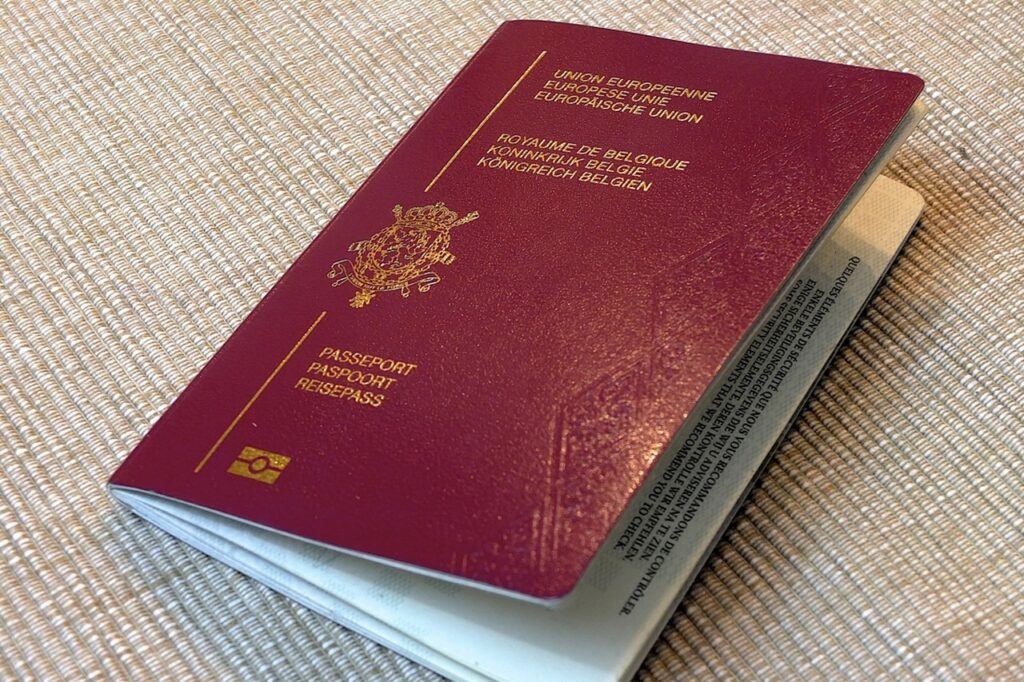An old discriminating law is still making it difficult for some people to obtain citizenship in Belgium, as children born before 1967 to a Belgian mother and a father of a different nationality did not automatically become Belgian nationals, as citizenship was passed on through the father, reports De Standaard.
According to an old law, children born to Belgian mothers before 1967 but with a father of a different nationality do not automatically become citizens, because prior to 1967 citizenship passed through the father.
When Marie (pseudonym) wanted to become a Belgian national, she was confronted with an unexpected obstacle; the public prosecutor's office said that they could not find a trace of her residence documents between her 12th and 24th year.
As these documents could not be examined in person due to the Covid-19 pandemic, her application for Belgian nationality was rejected.
Related News
- Almost 40,000 people acquired Belgian nationality in 2021
- Coexistence Barometer: What distinguishes Belgians from non-Belgian residents?
- Over 8,000 foreigners acquire Belgian nationality in two months
Marie told De Standaard that the public prosecutor's office said that she had lived in Belgium illegally for years.
"But how could that be in my case? Without proof, I would not have even had a bank account or found a job," said Marie, who has worked as a flight attendant for the then-national Belgian airline Sabena and has always lived in Belgium.
However, because Marie was born in 1966 to a Belgian mother and an Italian father, she was not automatically Belgian by birth.
"Discrimination on the basis of gender was corrected in 1985, but these situations prove that the consequences of that old sexist legislation are still felt in 2022 by some children born to Belgian mothers before 1967," a spokesperson for Myria, the Federal Migration Centre, told De Standard.
In 1985, the old law was amended to end the inequality: from then on, a Belgian mother could also pass on citizenship. But in practice, some people are still impacted by the old law today.
Agonising process
Marie's application for Belgian citizenship, however, did not go smoothly: 20 months later and €4,000 poorer due to legal fees, she finally became a citizen after a court ruled that she met the basic condition of legal residence since she was born. A certificate from the Foreign Office proved that she had always lived in Belgium.
Still, this process is not fair, stressed Marie, for people who do not have funds, do not know the language well or cannot go through legal proceedings for 20 months, but are still entitled to respect.
Myria advises that the procedure to grant citizenship should be based on the right of residence, which must take precedence over any other document that an applicant may or may not have. "Such a reinterpretation cannot be introduced soon enough," said Marie. "I have been recognised as a human being. Everyone deserves that recognition."

